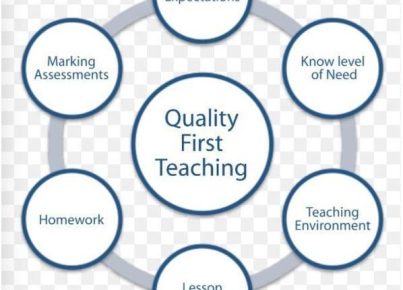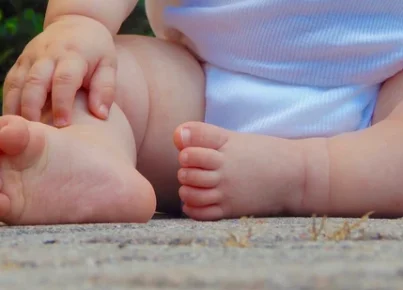In recent years, the term “learning loss” has emerged as a central concern in educational discussions, particularly in the wake of global disruptions such as the COVID-19 pandemic. This concept refers to the loss of knowledge and academic skills that students experience during periods away from formal education. However, there is a growing debate about whether a heightened emphasis on learning loss might be counterproductive or even harmful to students in the long run.
Critics argue that the focus on learning loss may lead to a narrow emphasis on standardized test scores and academic benchmarks, potentially overshadowing broader educational goals, such as critical thinking, creativity, and social-emotional development. They suggest that this limited focus could increase stress on students and educators alike, promoting a culture of cramming and rote memorization rather than genuine learning and intellectual curiosity.
Moreover, by framing time away from school as inherently detrimental to student achievement, there’s a risk of undervaluing the wide array of experiences and forms of learning that can occur outside traditional classroom settings. For instance, activities such as family engagement, community service, exploration of the arts, or practical life experiences can also contribute significantly to a child’s development but may be overlooked if the discourse is centered solely on academic losses.
Some education experts point out that an excessive focus on learning loss could inadvertently stigmatize students who have fallen behind their peers, whether due to school closures, personal circumstances, or differentiated learning needs. This stigma may result in lower self-esteem and motivation among these learners, thereby exacerbating educational inequalities rather than addressing them.
Furthermore, proponents of a more holistic approach to education contend that flexibility and adaptability are essential skills for success in an ever-changing world. Thus, they argue that resilience and the ability to learn from diverse situations might be more crucial than simply catching up with a pre-defined curriculum at any cost.
While recognizing learning loss is important for identifying areas where students may need additional support, it is perhaps equally essential to consider a balanced perspective. Educational policies and practices should not only aim to fill gaps in traditional academic subjects but should also strive to foster broader competencies that will serve students throughout their lives.
In conclusion, while acknowledging and addressing learning loss is undoubtedly important for ensuring that all students have the opportunity to succeed academically, there should be careful consideration about how this issue is approached. By broadening our understanding of what constitutes valuable learning experiences and outcomes beyond standardized metrics we may better support the overall well-being and long-term success of young learners.





